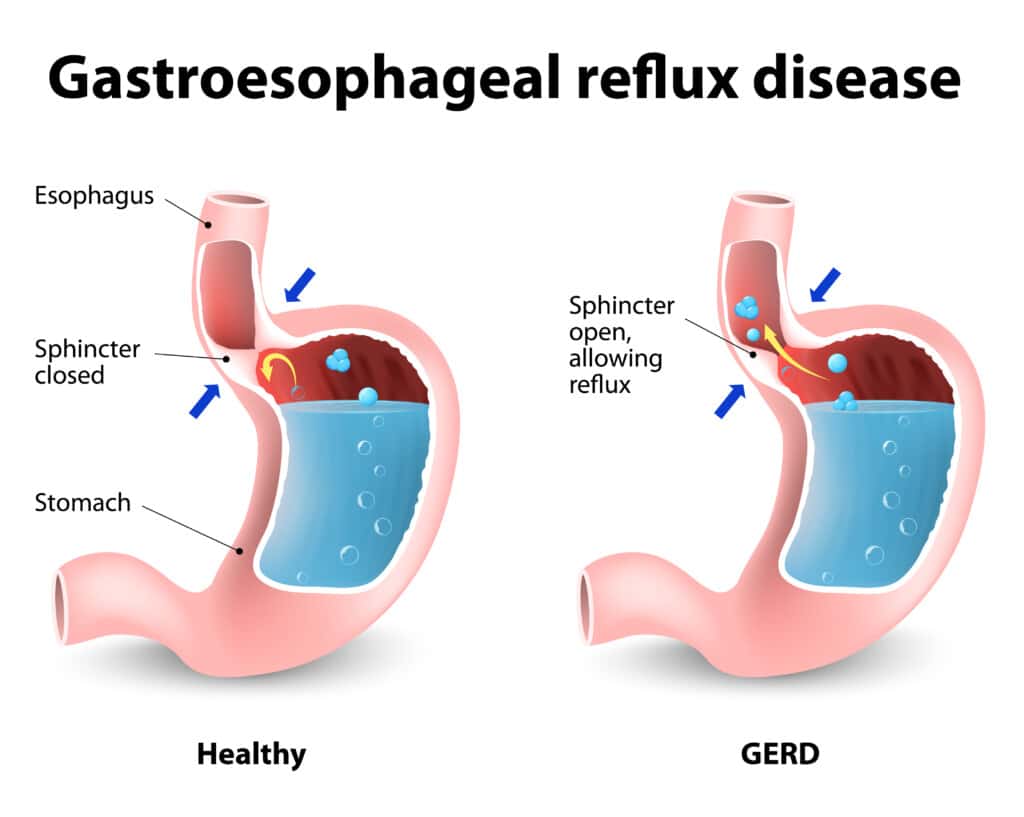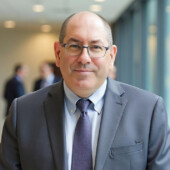GERD
What is Gerd?
Dr. Anthony Vine provides exceptional GERD treatment in NYC for patients suffering from acid reflux, heartburn and related symptoms.
Gastroesophageal Reflux Disease (GERD) is a chronic condition in which stomach acid flows back into the esophagus, leading to irritation and discomfort. This happens when the lower esophageal sphincter (LES), a muscle that usually prevents acid from rising, becomes weak or relaxes improperly.

Symptoms of GERD:
- Heartburn – a burning sensation in the chest after eating or when lying down.
- Regurgitation – a sour or bitter-tasting fluid coming back up into the throat or mouth.
- Chest pain – that can mimic heart-related issues
- Dysphagia – difficulty swallowing
- Chronic cough – due to tracheal irritation from acid reflux
- Sore throat or hoarseness – caused by acid irritating the throat and vocal cords
- Bad breath – foul odor caused by stomach contents flowing back into the esophagus and mouth
If left untreated, GERD can lead to esophagitis, ulcers, or Barrett’s esophagus, a potentially precancerous condition.
Potential Causes of GERD:
- A relaxed or weakened lower esophageal sphincter (LES)
- Obesity
- Hiatal hernia
- Late night snacking or large meals
- Spicy, fried or fatty foods, caffeine, alcohol, citrus, and chocolate
- Smoking
- Pregnancy
- Medications including pain relievers, antihistamines, and calcium channel blockers
The Good News:
GERD is treatable, but not everyone requires surgery! For some, dietary and lifestyle changes may help, and for others, a minimally invasive procedure is necessary. Dr. Anthony Vine helps patients who need surgical intervention to treat GERD or who require input from one of the many excellent gastroenterologists with whom he works. He will continue to work with the patient and the GI specialist to make certain that the symptoms are truly due to GERD and that there is improvement.

